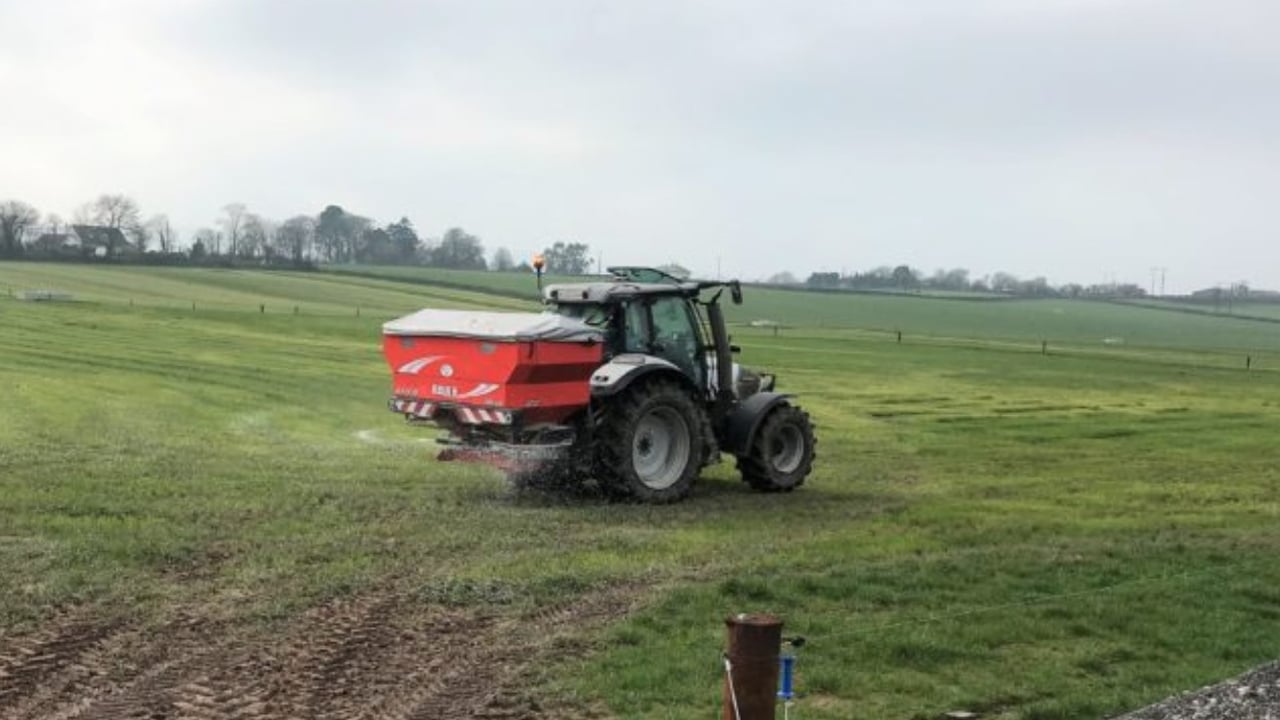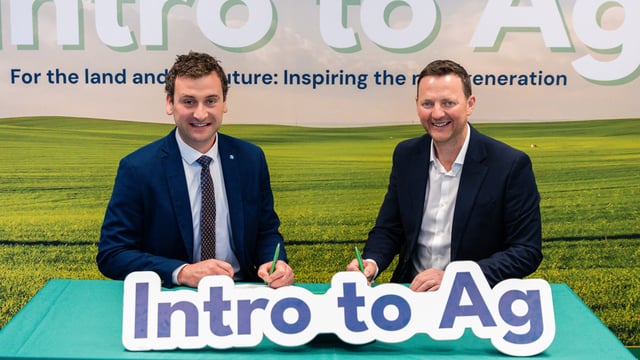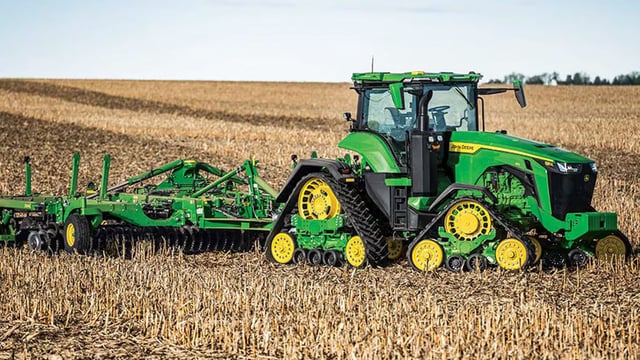Tariffs on Russian fertiliser greenlit after MEPs reject amendments
The European Parliament has given the green light for the EU to introduce tariffs on fertiliser from Russia and its ally Belarus, rejecting several amendments and adding to concern for farm organisations.
A vote in a full, or plenary, session of the parliament saw MEPs overwhelmingly back the proposal from the European Commission to introduce fertiliser tariffs on the two countries.
The proposal was made in response to the war in Ukraine, in which Belarus has aided Russia.
Russia and Belarus are a major source of fertilisers for the EU agricultural sector.
The proposal has long concerned EU farm organisations, who, despite defending the rationale for the tariffs as part of the EU's support for Ukraine, are concerned that it will make fertiliser more expensive for farmers in the bloc.
The commission's proposed tariffs are now set to come into effect on July 1, it is understood.
Copa Cogeca, the group representing EU farming organisations and agricultural co-operatives, said: "Farming communities understand and support the overall objective pursued by the EU institutions.
"However, the complete lack of consideration for alternative sourcing, the absence of an impact assessment, and the lack of clarity on market implications, remain deeply problematic," Copa added.
"While recognising broader foreign policy goals, we must emphasise the serious economic and operational consequences this proposal represents for the EU agricultural sector," the group said in a statement.
"Despite the commission's promises before the vote regarding market monitoring, fertilisers - being a major cost for the entire profession - remain a significant concern and raise serious doubts about the competitiveness and future of European farming.
"Given these stakes, it is difficult to understand why the proposal was not accompanied by at least an impact assessment and a clear diversification strategy. If the EU is determined to reduce dependency on Russian and Belarusian fertilisers, it must present a credible and forward-looking alternative," Copa said.
The farm group said its position on the tariffs remains unchanged and, that the underlying issues will likely resurface.
Copa is calling on the commission to adopt an approach that ensures the availability of fertiliser to EU farmers, and to allow derogations to the nitrates directive to allow increased use of livestock manure on grassland and other crops.
The group is also urging the commission to remove duties and tariffs on fertilisers from countries other than Russia and Belarus in order to limit the impact of the new tariffs.
"Given that the fertiliser market remains relatively opaque and particularly fragile, Copa Cogeca remains watchful on these issues and urges European authorities—especially the commission—to maintain extremely careful monitoring.
"We cannot afford to further undermine the economic viability of farms or the food security of millions across the EU," Copa said.





